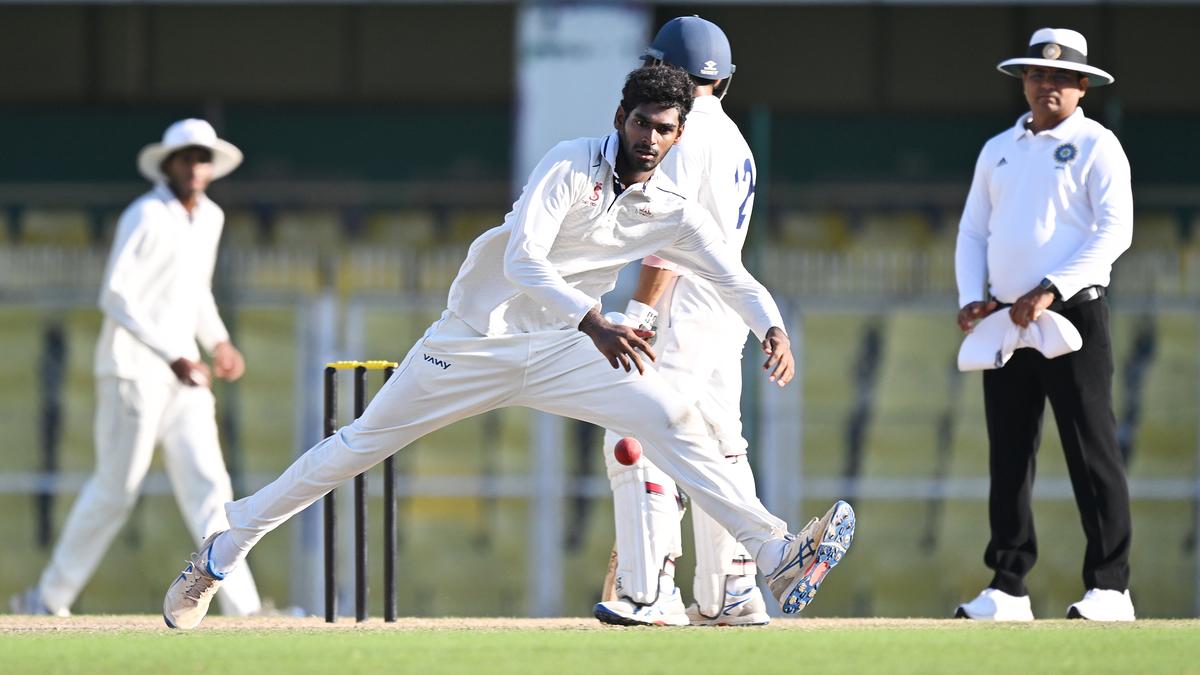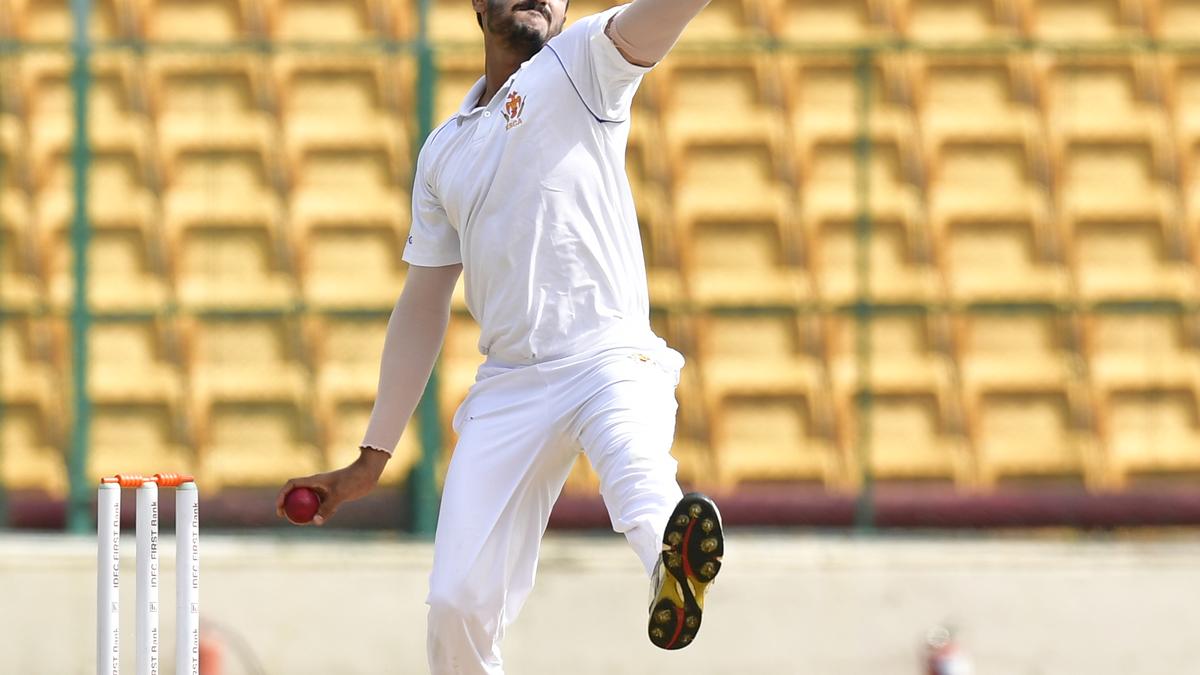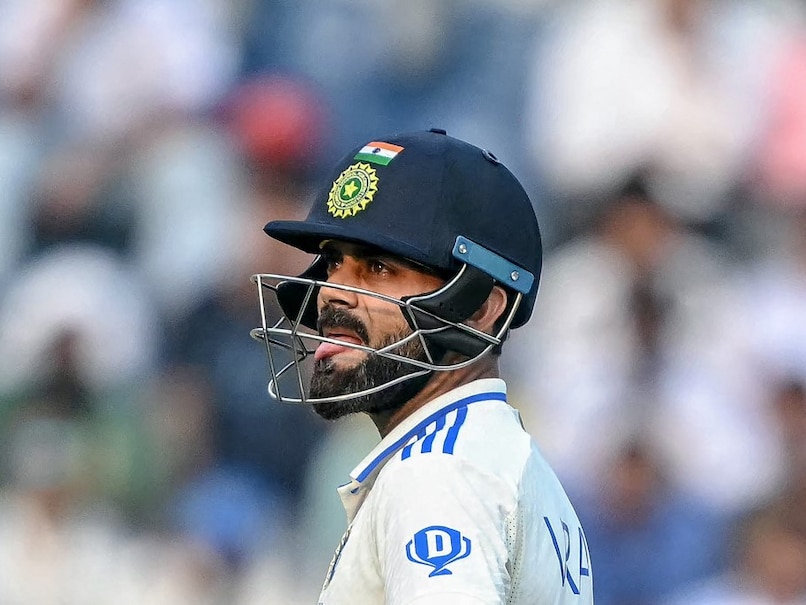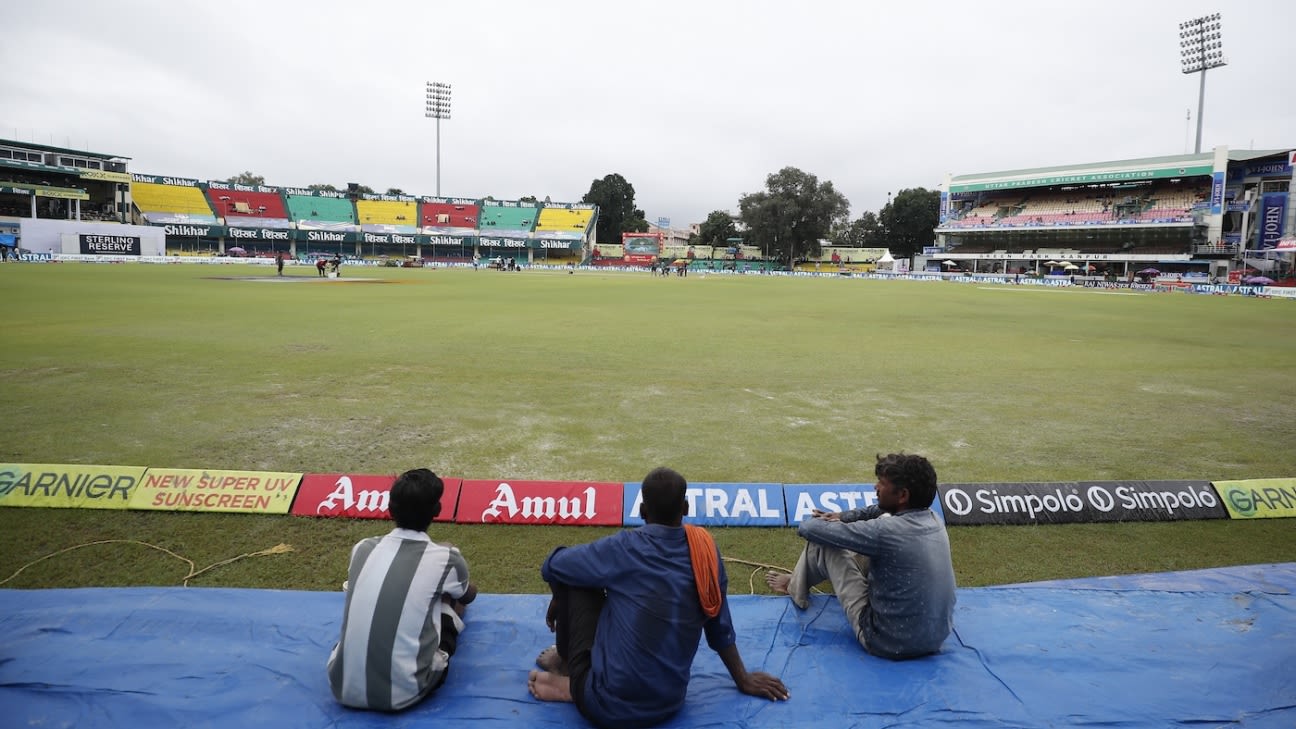The World Cricketers’ Association (WCA) has initiated a comprehensive review of the global cricket structure, aiming to address the increasingly fragmented and congested calendar. The review is driven by players’ concerns and seeks to find solutions to the challenges facing the sport.
The WCA, formerly known as FICA, has expressed frustration with the lack of a coherent structure that allows international cricket and domestic leagues to coexist harmoniously. The review will examine three key areas:
1. Scheduling Model: The current scheduling model is deemed “broken and unsustainable,” forcing players to choose between representing their countries and maximizing their earning potential. The review will explore alternative scheduling options that provide clarity and balance.
2. Economic Disparity: The growing economic disparity between cricket boards is a concern, with a few wealthy boards funding the majority of the game. The review will investigate ways to distribute revenue more equitably and support the development of smaller cricket nations.
3. Player Employment and Contracts: The lack of a clear global calendar makes it difficult to regulate player contracts and employment transnationally. The review will seek to establish guidelines and standards to ensure fairness and transparency.
The review will be led by a six-member group headed by former Australian Cricketers’ Association chief Paul Marsh. The group includes former Pakistan captain Sana Mir, former FICA chief Tony Irish, former ECB CEO Tom Harrison, and Sanjog Gupta, Head of Sports at Disney Star.
The group will consult with various stakeholders, including players, administrators, and franchise owners, before presenting recommendations to the WCA board and the wider cricket community. The aim is to produce recommendations by the end of the year, although this is not a strict deadline.
The WCA represents players from 16 different member associations, including Australia, England, New Zealand, and South Africa. The BCCI and PCB are the only major Full Members without representation in the WCA, as they do not have active player associations.
The WCA believes that change is essential to create clarity and value for players, boards, and fans. The review is a significant step towards addressing the challenges facing cricket and shaping its future.






